Mein Jeena Chahti Hoon Drama Review: Mein Jeena Chahti Hoon, a Pakistani drama that aired in 2017, captured audience attention with its compelling narrative exploring themes of female agency, navigating family expectations, and the pursuit of self-discovery. This review delves into the drama’s core elements, analyzing its characters, exploring its social commentary, and assessing its lasting impact.
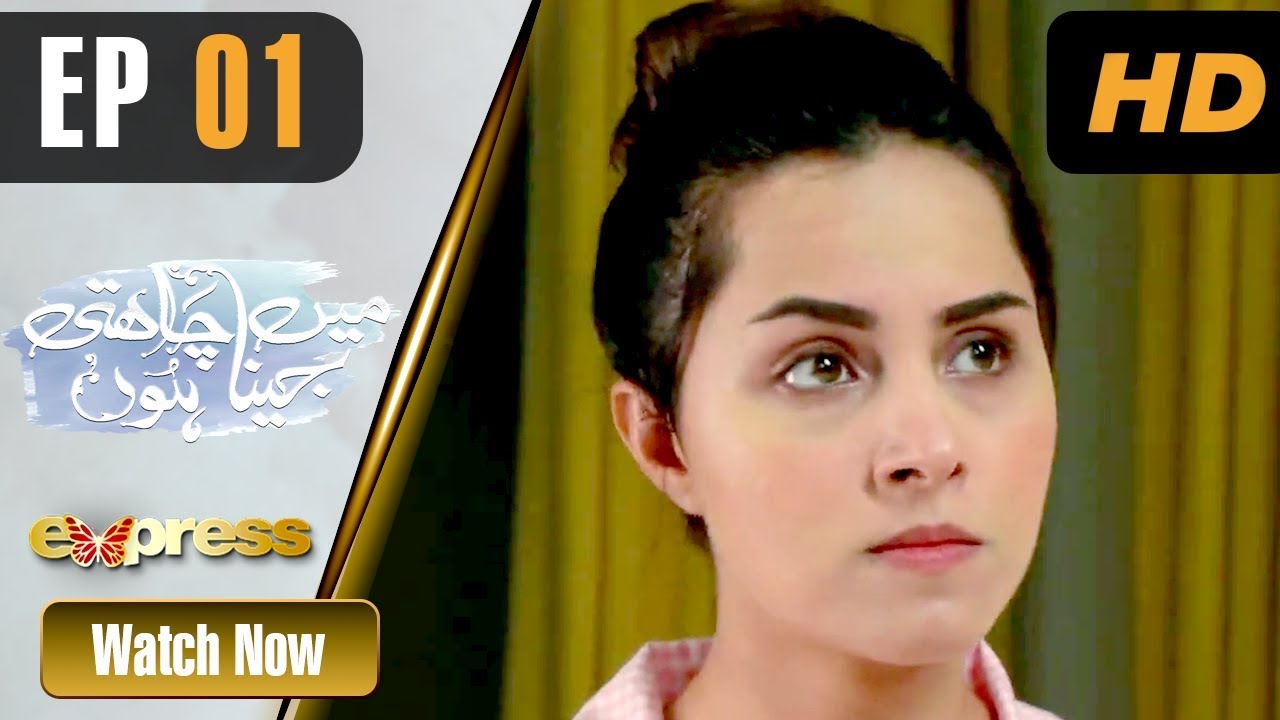
A Story of Choice, Defiance, and Self-Discovery
The narrative centers around Sara (Nimra Khan), a young university student yearning for independence and self-determination. Forced into an arranged marriage by her widowed father, Khan Sahab (Manzoor Qureshi), she finds herself trapped in a loveless and controlling marriage with Usman (Hammad Farooqi). However, Sara refuses to be a passive victim. She embarks on a journey of self-discovery, defying expectations and societal norms to carve her own path.
Beyond the Arranged Marriage Trope: Exploring Agency and Choice
While the drama delves into the complexities of arranged marriage, it goes beyond simply portraying it as a negative social practice. The focus remains on Sara’s personal journey and her fight for agency. Her defiance stems not solely from rejection of the marriage itself but from a deeper desire to choose her own life path, challenge societal limitations, and pursue her aspirations.
Navigating Family Dynamics: Between Love and Obligation
The drama portrays the nuances of family dynamics, highlighting the complexities of navigating love, obligation, and individual desires within a family structure. Sara’s love for her father and her sense of responsibility bind her to societal expectations, creating an internal conflict between defying his wishes and fulfilling her own dreams.
The Importance of Support Systems: A Glimpse Beyond the Protagonist
While Sara stands at the narrative’s core, the drama emphasizes the importance of support systems in personal growth. Her friend, Tabinda (Sania Shamshad), offers unwavering loyalty and companionship, providing crucial emotional support throughout her journey. This inclusion highlights the significance of maintaining healthy friendships that can foster self-confidence and provide a safe space for individuals navigating personal challenges.
Social Commentary: A Subtle Critique of Societal Norms
Mein Jeena Chahti Hoon subtly critiques societal norms that restrict individual choices, particularly regarding women’s lives. By portraying Sara’s struggles and highlighting the limitations imposed by societal expectations, the drama encourages viewers to question outdated traditions and consider the importance of individual agency and empowerment.
Performances that Evoke Empathy and Admiration
The success of the drama hinges on the compelling performances delivered by its cast. Nimra Khan delivers a captivating portrayal of Sara’s transformation, showcasing her vulnerability, determination, and gradual growth with remarkable nuance. Hammad Farooqi effectively portrays the complexities of Usman’s character, and Manzoor Qureshi brings depth to the portrayal of Khan Sahab’s conflicting emotions.
A Catalyst for Conversations and Change
Mein Jeena Chahti Hoon is not simply entertainment; it serves as a catalyst for conversations and potential societal change. By presenting a relatable narrative and highlighting the struggles faced by individuals seeking agency and empowerment, the drama encourages viewers to:
- Challenge outdated societal norms that restrict individual choices and limit personal growth.
- Advocate for open communication within families to foster understanding and respect for individual desires.
- Recognize the importance of women’s empowerment and support initiatives that promote female agency and self-determination.
A Celebration of Self-Discovery and Resilience
Despite the challenges she faces, Sara’s journey ultimately serves as a celebration of self-discovery and resilience. Through her struggles and eventual self-reliance, the drama inspires viewers to:
- Embrace their individuality and pursue their aspirations with courage and determination.
- Seek out support systems that can empower and encourage them during challenging times.
- Believe in their potential to overcome obstacles and build a fulfilling life on their own terms.
A Deeper Look into the Characters’ Motivations
Mein Jeena Chahti Hoon goes beyond simply presenting characters in black and white. It delves into their complexities, allowing viewers to understand their motivations and empathize with their struggles on a deeper level.
Sara’s Transformation: Beyond Defiance
While Sara’s defiance against societal expectations and arranged marriage is central to the narrative, the drama delves deeper, showcasing the emotional and psychological impact of her choices. Her journey is not simply about achieving external validation but also about overcoming internal struggles, such as feelings of guilt towards her father and self-doubt regarding her decisions. This layered portrayal offers a more complete understanding of her transformation and the complexities of defying deeply ingrained societal norms.
Usman’s Complexity: Unveiling the Layers
Usman, initially portrayed as a controlling and domineering husband, is not simply a one-dimensional antagonist. The drama hints at potential underlying insecurities and societal pressures that contribute to his behavior. This glimpse into his motivations, while not justifying his actions, allows viewers to understand the potential root causes of his behavior and the societal structures that may reinforce such patterns.
Khan Sahab’s Dilemma: Balancing Love and Tradition
Khan Sahab’s character is not simply portrayed as an unyielding patriarch. The drama showcases his love for his daughter and his internal conflict between upholding tradition and respecting her desires. This portrayal adds depth to his character and highlights the complexities faced by individuals navigating traditional family structures and evolving societal norms.
Exploring Psychological Depths: The Impact of Trauma
The drama subtly explores the psychological impact of trauma on individuals, particularly the potential effects of emotional manipulation and control. Sara’s journey not only showcases the external challenges of defying societal expectations but also hints at the internal healing process she undergoes to overcome the emotional scars inflicted by an oppressive marriage.
Beyond Social Commentary: A Call for Individual Growth
While the drama critiques societal norms, it ultimately transcends a simplistic call for societal change. It emphasizes the importance of individual growth and self-awareness. By portraying Sara’s journey of self-discovery, the drama encourages viewers to:
- Embrace self-reflection and critically examine the societal norms and expectations they have internalized.
- Challenge their own limiting beliefs and cultivate the courage to pursue their aspirations despite external pressures.
- Prioritize personal well-being by setting boundaries and seeking support to overcome emotional challenges.
A Reminder of Hope and the Power of Choice
Despite the hardships faced by Sara, Mein Jeena Chahti Hoon serves as a reminder of hope and the power of choice. Her journey, while not without its challenges, ultimately inspires viewers to believe in their agency and pursue their dreams with courage and resilience.
In Conclusion: A Must-Watch Drama with a Powerful Message
Mein Jeena Chahti Hoon is a captivating drama that offers a nuanced exploration of female agency, family dynamics, and the pursuit of individuality. The drama’s complex characters, subtle social commentary, and empowering message leave a lasting impact on viewers. Its lasting legacy lies in inspiring individuals to challenge societal limitations, embrace their true selves, and forge their own paths towards self-discovery and self-reliance.
Share this content:
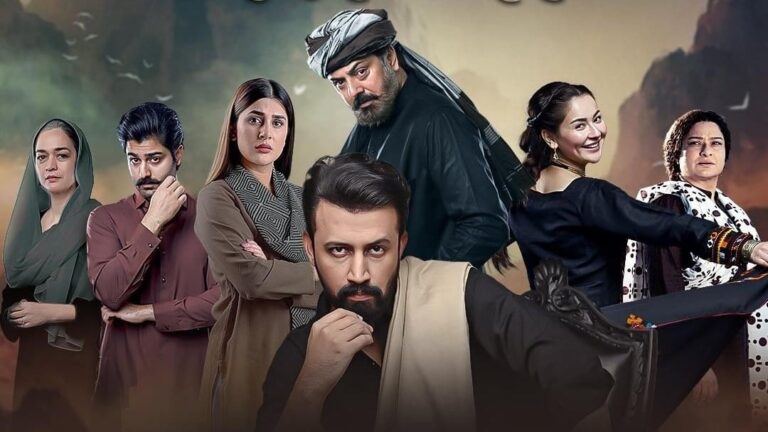
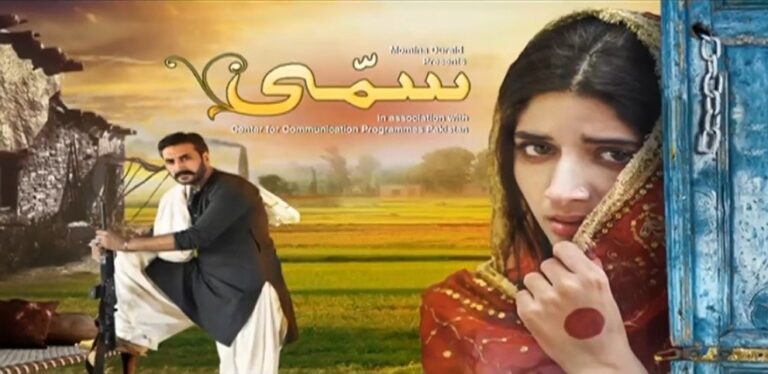
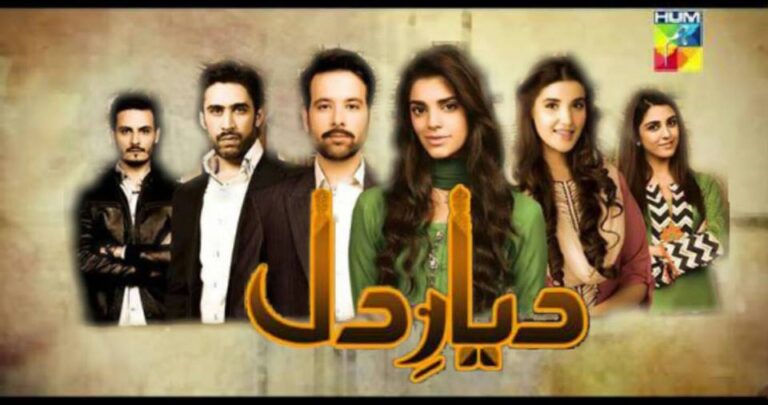
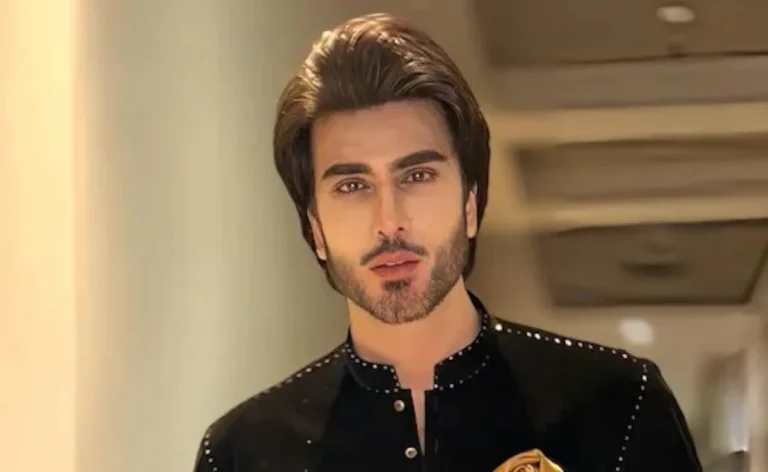
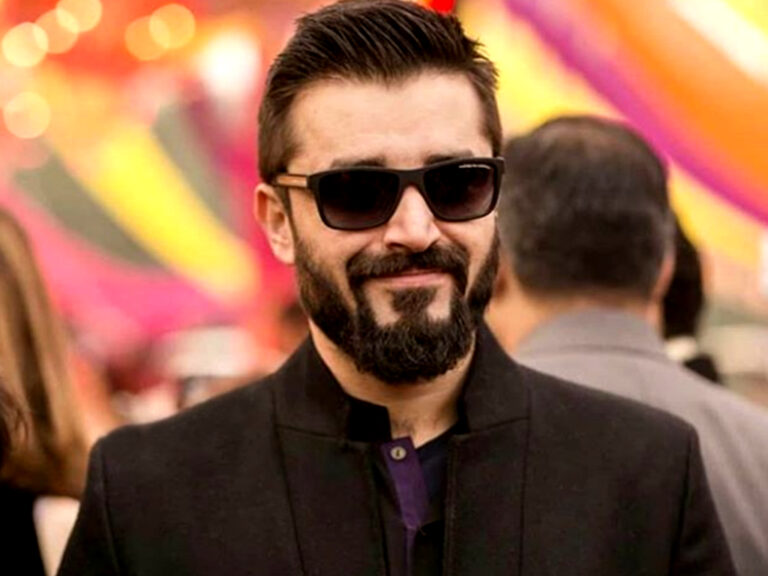
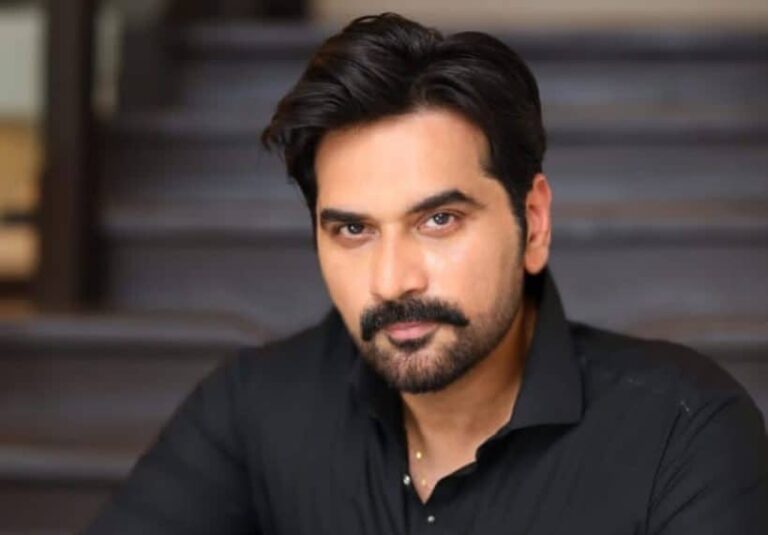


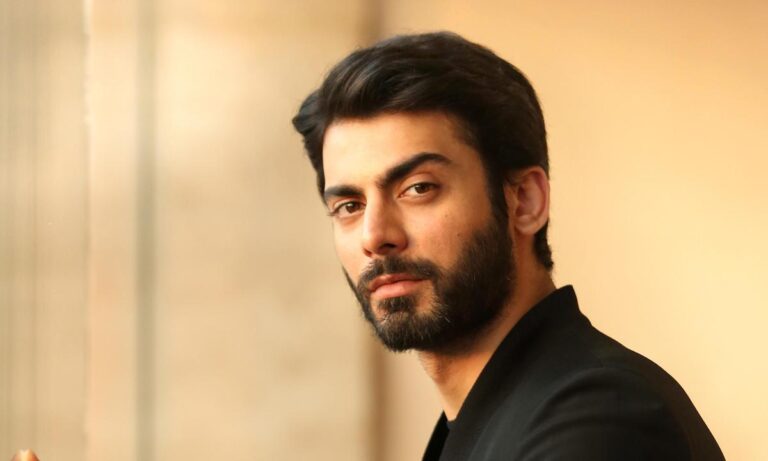
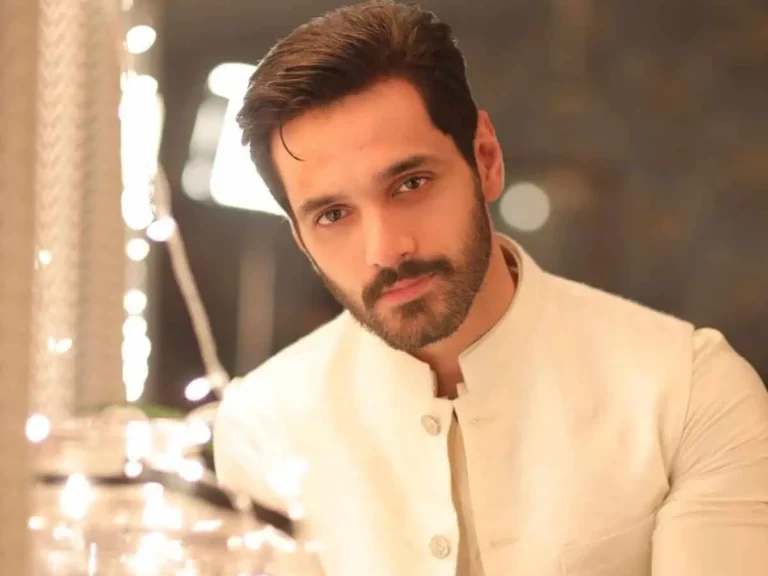
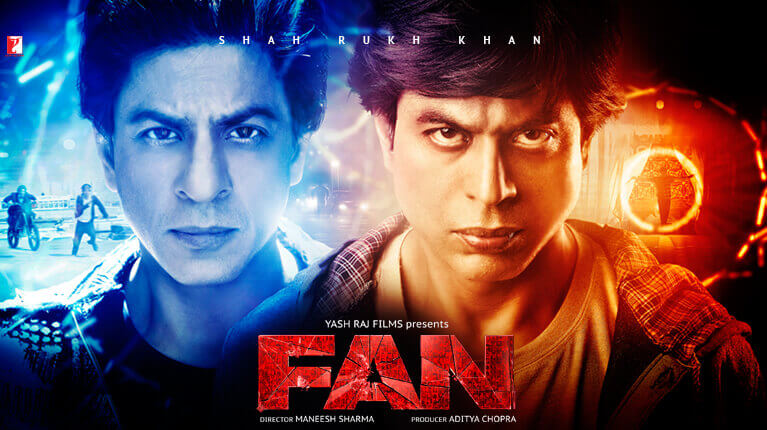
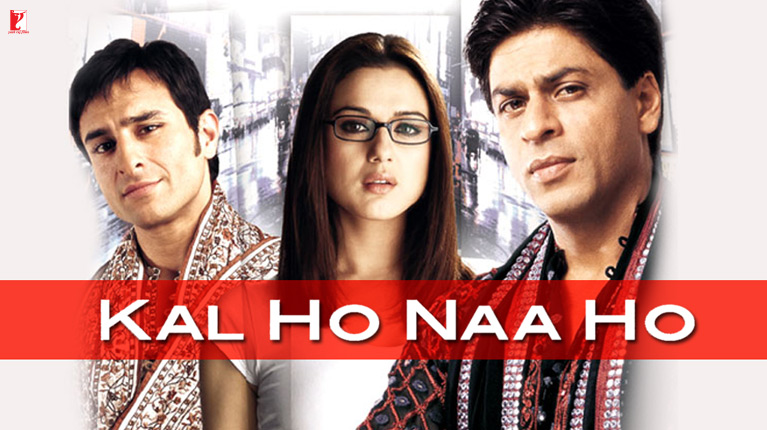
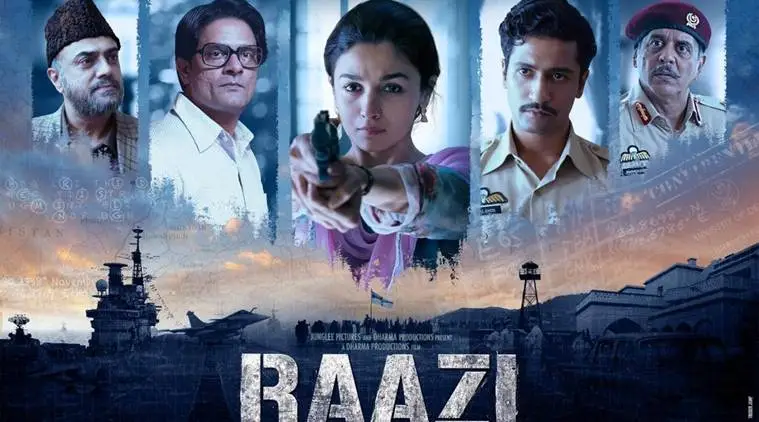
+ There are no comments
Add yours